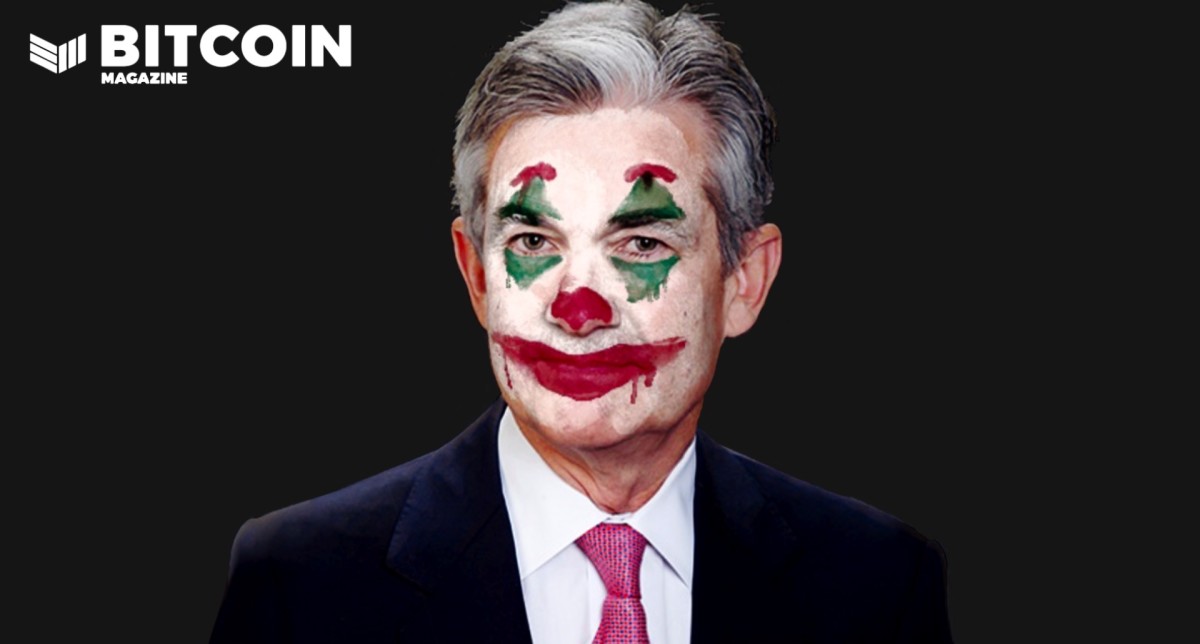Cointelegraph's editor-in-chief Kristina Cornèr interviewed Bybit founder Ben Zhou at the Formula 1 Grand Prix at Monaco, discussing topics like educating newcomers in crypto, the effects of the Terra (LUNA) — now known as Luna Classic (LUNC) — debacle on institutional interest and the survival of Bitcoin (BTC) amid new developments in the industry.
According to Zhou, the firm's partnership with Red Bull Racing has allowed them to reach an audience that is new to crypto. Because of this, the Bybit founder noted that their team has been putting some focus on education. “Education is one part. We focus on teaching people why and how is crypto playing a part," Zhou said.
Apart from educating newcomers, the duo also talked about how the recent Terra collapse has affected the interest of institutional investors’ trust in crypto. Weighing in on the topic, Zhou said that events like the Terra crash can happen with any new industry. He noted that:
“LUNA was not the first kind of collapse that we've seen. I think we'll get over it and gradually move on.”
When asked if Bitcoin will remain the main crypto in the space in the coming years as new innovations like nonfungible tokens (NFTs), decentralized finance (DeFi) and the Metaverse becomes more developed, Zhou expressed that while the future is uncertain, he remain's "bullish." He explained that:
“I believe Bitcoin is here to stay for sure. For me, Bitcoin is a store of value. It's kind of like gold, right? [...] There's a concrete need for it.”
Zhou also highlighted that he believes in crypto because it redistributes power. The Bybit founder noted that "crypto is really a revolution for the financial system." While traditional finance is controlled by a few, Zhou noted that crypto gives power back to the people.
Related: F1 Monaco GP: Bybit’s Red Bull Racing NFTs, crypto-F1 partnerships and more
Back in April, Bybit expanded its services into crypto options trading, letting its users trade options and perpetuals using USD Coin (USDC). According to the exchange, the move was an attempt to reach investors who are more familiar with traditional finance markets.










